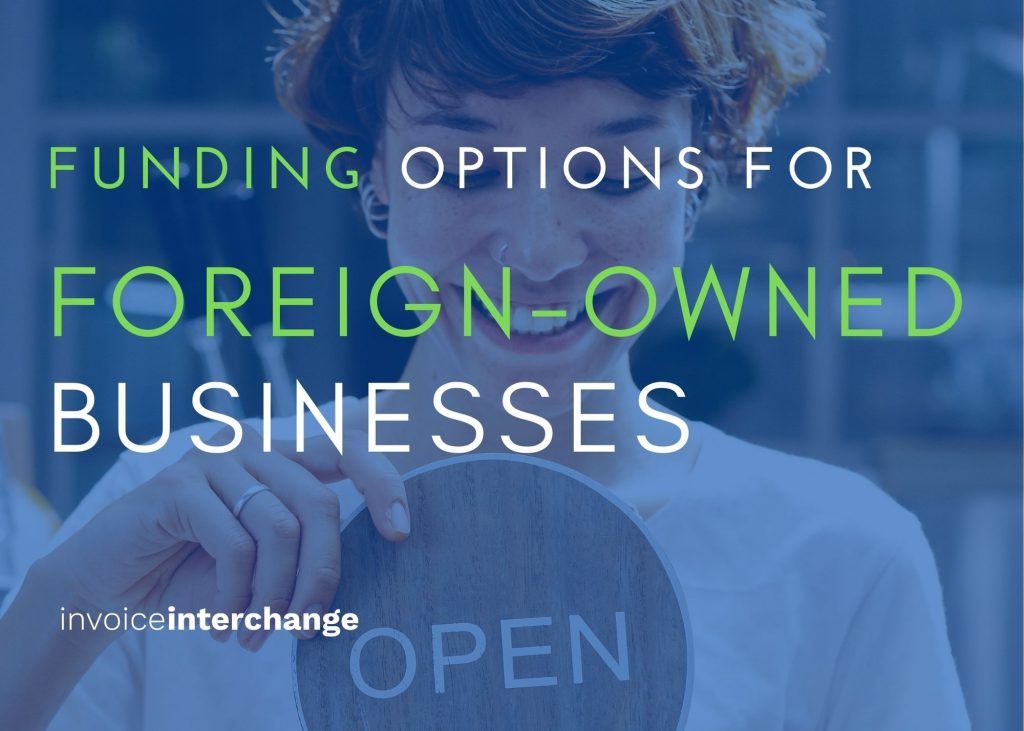
A Guide to Funding for Foreign-Owned Businesses in Singapore
Whether you are looking to expand your business to Singapore or have already set up, having access to funding is always top of many business owners’ minds. Adequate cash flow is essential to support and boost business growth. However, being a foreign owned entity can limit your choice of financiers. There are several ways to obtain funding for foreign-owned businesses, let’s explore further.
Government assistance for foreign-owned businesses
The Singapore government do offer financial support not only to local but also foreign-owned businesses. Bear in mind, most of these grants require at least 30% local ownership (Singapore citizen or Permanent Resident):
Start-up SG Founder, S$150 million has been set aside for to support new innovative start-ups in Singapore. A capital grant of S$50,000 is available for eligible companies.
Research Incentive Scheme for Companies (RISC), a program to encourage the development of research capabilities for science and technology initiatives.
Productivity Solutions Grants (PSG), providing financial support for companies who are looking to adopt IT solutions and equipment to enhance business processes. The grant covers up to 80% of the implementation costs.
Market Readiness Assistance (MRA) grant. Once your business is established and looking to expand overseas, you can consider the MRA grant that supports up to 70% of marketing, business development and set up costs associated to overseas expansion with an overall cap of S$100,000.
Alternative finance
Traditional lenders like banks are usually very restrictive in terms of who they can offer finance to. If your business does not have at least 30% local shareholding, then this option is not available to you.
The good news is, there are several alternative financiers or fintech firms that are ready to provide funding for foreign-owned companies.
At InvoiceInterchange, we have helped numerous foreign owned businesses in obtaining the funding that they need via invoice financing facilities. The process is quick and simple. Once onboarded, you can upload your outstanding invoices on our platform and receive funding within 24 hours (subject to verification).
Venture capital and angel investment
Other financing options to consider could be Venture Capital (VC) firms and angel investors. Singapore is one of the larger financial hubs in the world with more than $55 billion in funding that you may be able to tap into.
Related Articles

Mastering Cash Flow Management: Strategies for Seasonal Fluctuations

How Invoice Finance Facilities Can Grow With Your Business
